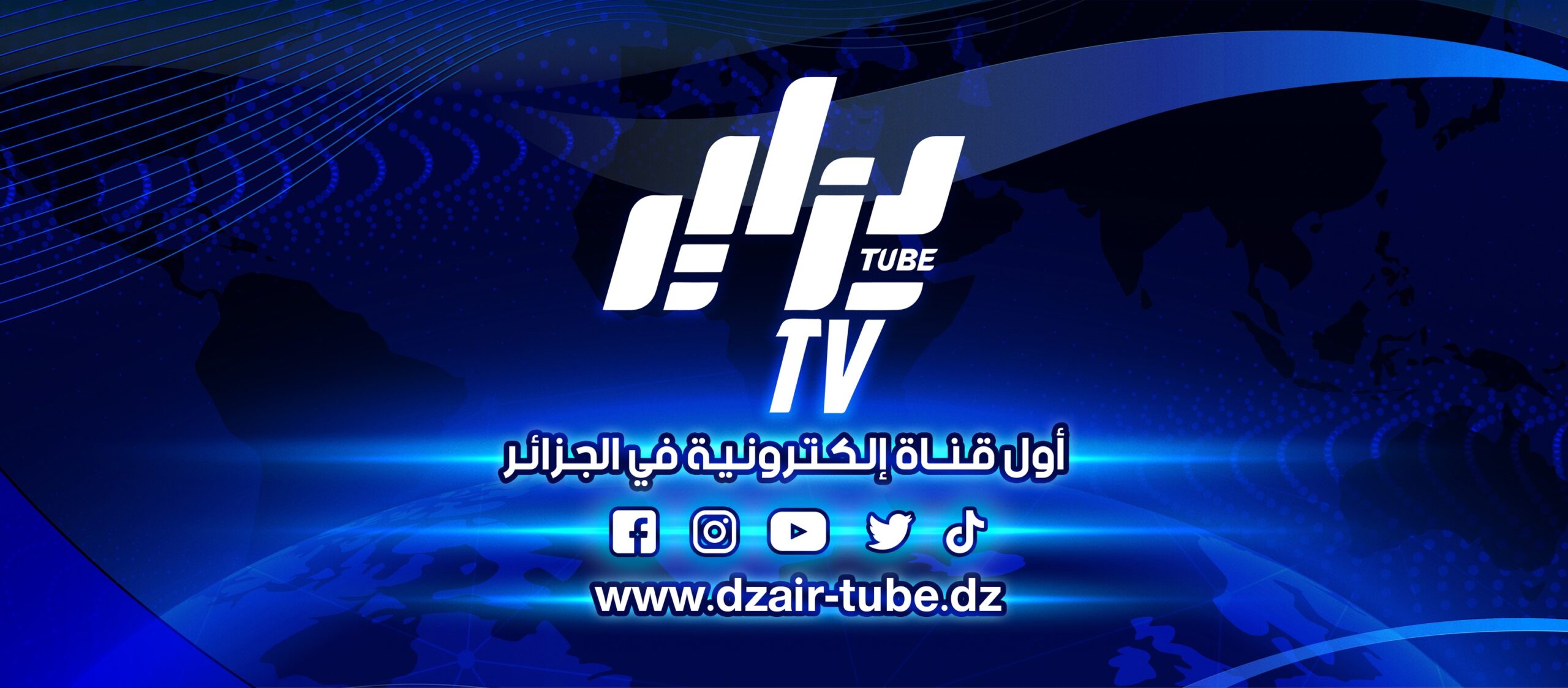BY: Dr. Hana Saada
Through state-backed expertise and soft power, Algeria emerges as a continental force, challenging neocolonial structures and fueling Africa’s future
Algiers, Algeria | April 12th, 2025 — In an era marked by global energy insecurity and growing developmental divides, Algeria’s state-owned energy giants—Sonatrach and Sonelgaz—have become instruments of transformative change across Africa. Far beyond mere economic ventures, their continental outreach symbolizes Algeria’s soft power doctrine, rooted in solidarity with the Global South and a vision of mutually beneficial cooperation.
Backed by a state unapologetically aligned with the aspirations of underdeveloped nations, Sonatrach and Sonelgaz have become dynamic vectors of Algeria’s re-emergence on the African scene. Their success stories in Libya, Mauritania, and Niger have demonstrated not only technical excellence but also political significance. In regions long subjected to the overreach of Western multinationals, Algerian expertise provided an alternative model—competent, respectful, and empowering.
Sonatrach’s forays into oil and gas prospecting and drilling in these neighboring states have yielded tangible results, earning the admiration and trust of local authorities. Unlike predatory foreign conglomerates, Sonatrach positions itself as a strategic partner—offering autonomy through competence, rather than dependence through debt.
Meanwhile, Sonelgaz, Algeria’s national electricity provider, has spearheaded bold electrification initiatives across sub-Saharan Africa. Its track record in bringing power to vast under-served areas, some with electrification rates below 12%, speaks to both technological prowess and an unmatched development ethos. In 2024 alone, Sonelgaz amassed over $220 million in energy export revenues, cementing its role as a premier actor in the African energy landscape.
This is not merely a commercial triumph; it is a civilizational one. At a time when the average electrification rate in Africa remains just above 40%, Sonelgaz offers more than power grids—it brings light to lives. It offers the promise of economic agency, educational access, and healthcare connectivity in areas where these fundamentals were long deferred. And crucially, it shares knowledge, training African engineers and technicians within Algeria’s own institutes, sowing the seeds of long-term, homegrown expertise.
These milestones are underpinned by a legacy of six decades of national development. At independence, Algeria was barely electrified. Today, it is the first fully electrified country on the continent—an extraordinary feat accomplished through Sonelgaz’s determination to illuminate the most remote high plateaus, mountain villages, and Saharan outposts. This foundational expertise, now directed southward, makes Sonelgaz not only a service provider but a beacon of possibility for African partners.
Sonatrach’s case is equally compelling. As Africa’s foremost hydrocarbon company, it continues to generate record-breaking revenues while pursuing autonomous operations. The company has mastered the art of exploration and production, securing dozens of successful oil and gas wells without foreign assistance. Though technological refinement remains an ongoing objective, the competence to deliver high-impact, sovereign solutions is already firmly in place.
Collectively, Sonatrach and Sonelgaz are more than companies—they are manifestations of Algeria’s geopolitical philosophy. Unlike neo-imperial forces whose involvement in Africa often comes at the cost of sovereignty and sustainability, Algeria offers a dignified model of south-south cooperation. President Abdelmadjid Tebboune’s commitment of one billion dollars to African development projects, coupled with the historic cancellation of African debts, illustrates the coherence of Algeria’s words and actions.
This multifaceted approach to diplomacy has not gone unnoticed. Algeria’s growing footprint in Africa, anchored by these two national champions, has drawn ire from entrenched neo-colonial lobbies. Their frustration is predictable. Algeria’s actions—firm, transparent, and anchored in shared progress—disrupt the status quo and empower African nations to reassert control over their resources and futures.
Moreover, in a digital age where African citizens can witness in real-time the tangible contributions of Algerian energy diplomacy—from villages lit for the first time to training centers bustling with local talent—Algeria’s image is undergoing a profound transformation. No longer seen solely through the lens of hydrocarbons, Algeria is now viewed as a builder, a partner, and a brotherly force within the Global South.
Sonatrach and Sonelgaz, once forged in the crucible of post-colonial nation-building, are today continental pioneers. Their journey underscores a powerful message: African-led solutions are not only possible, they are already underway. And Algeria, through its energy sector, is not just participating in Africa’s future—it is helping to shape it.

